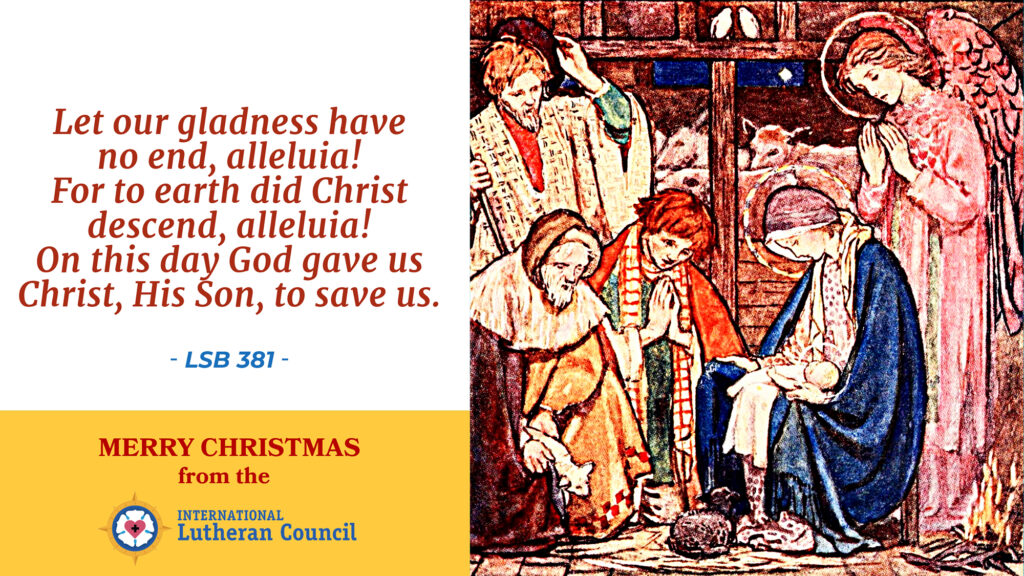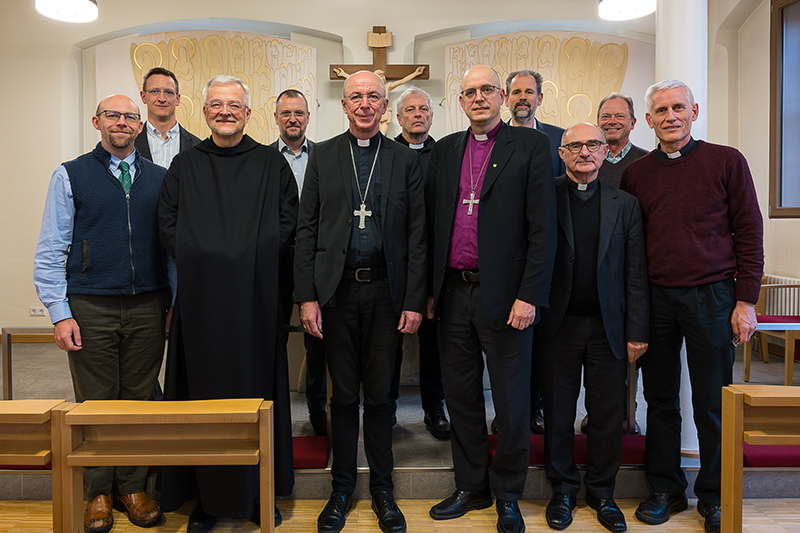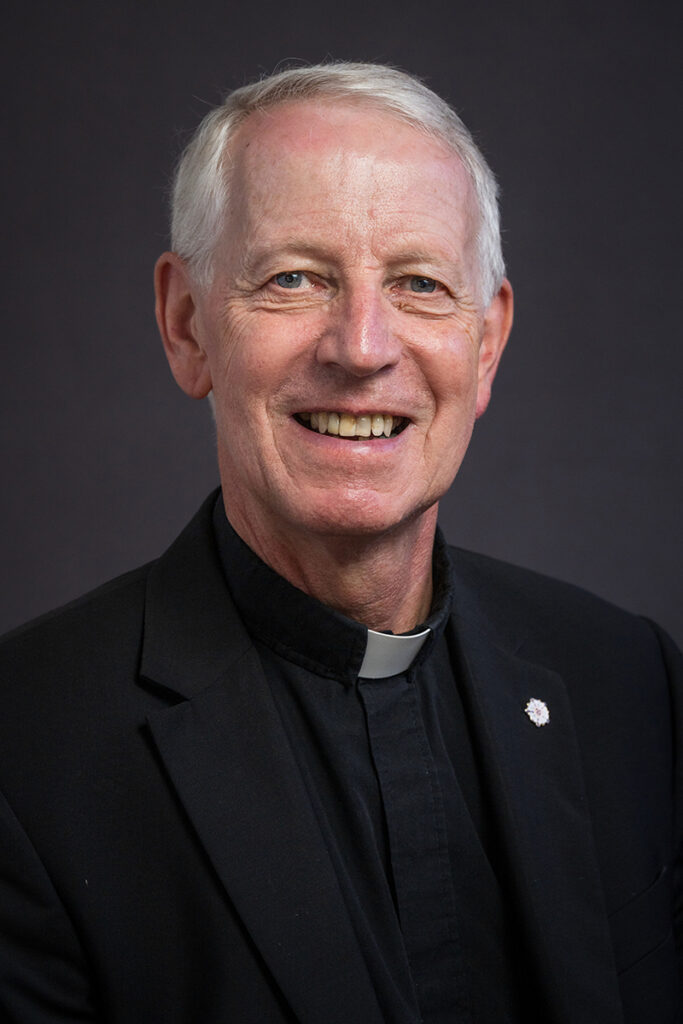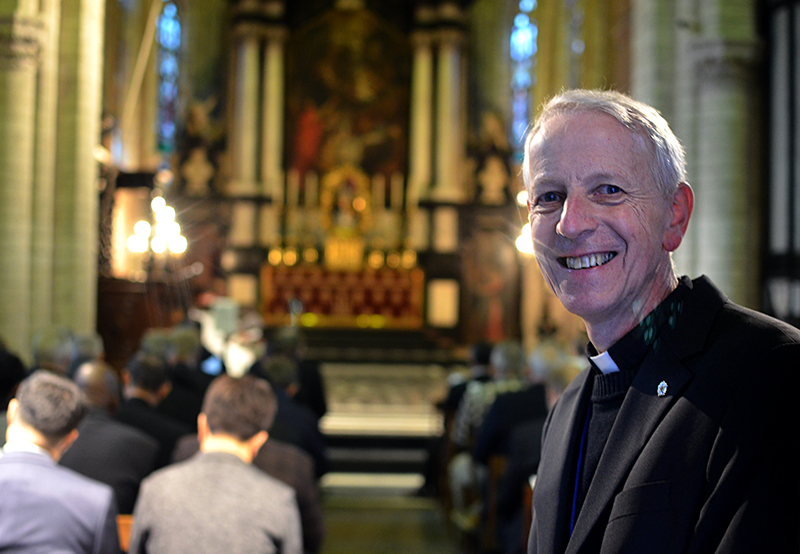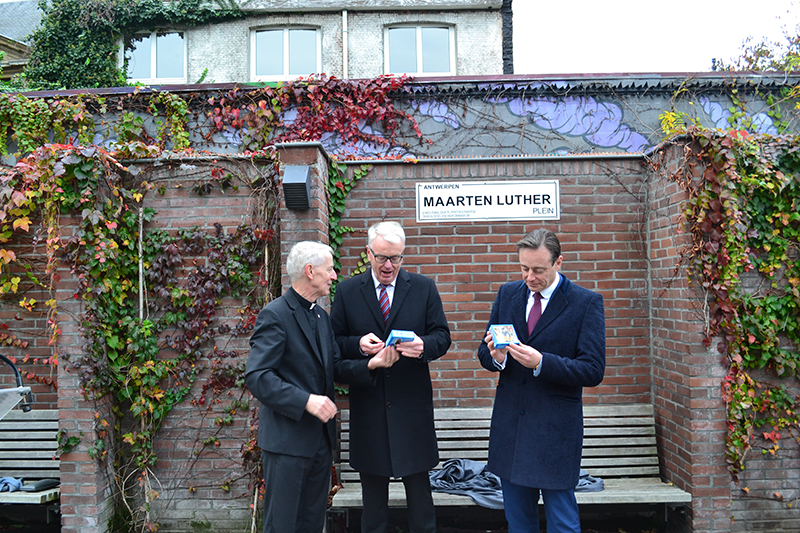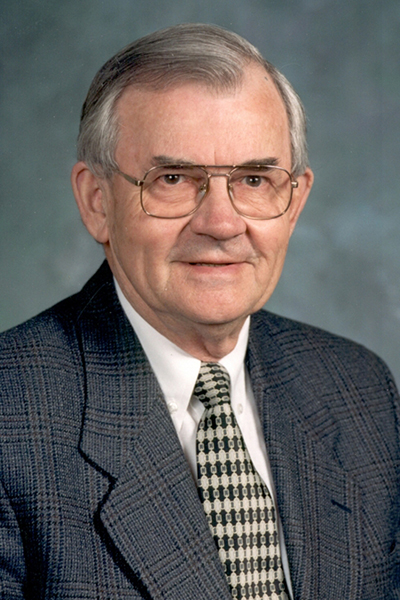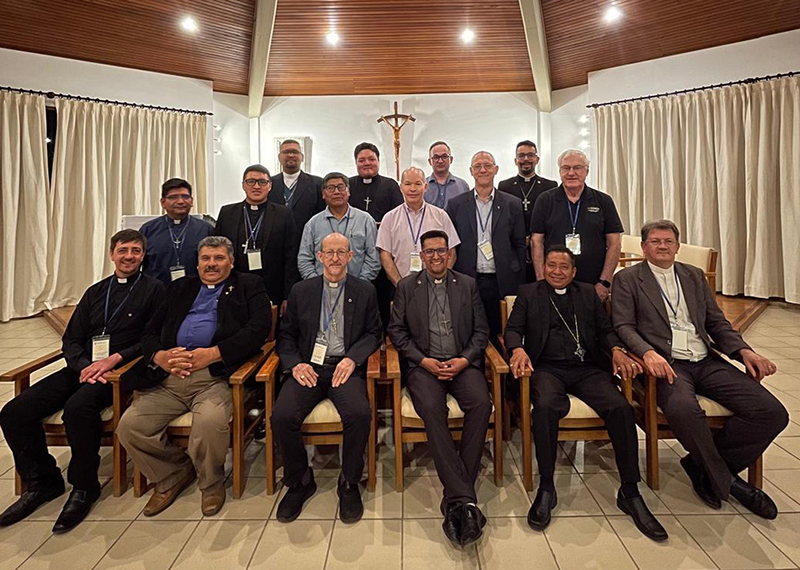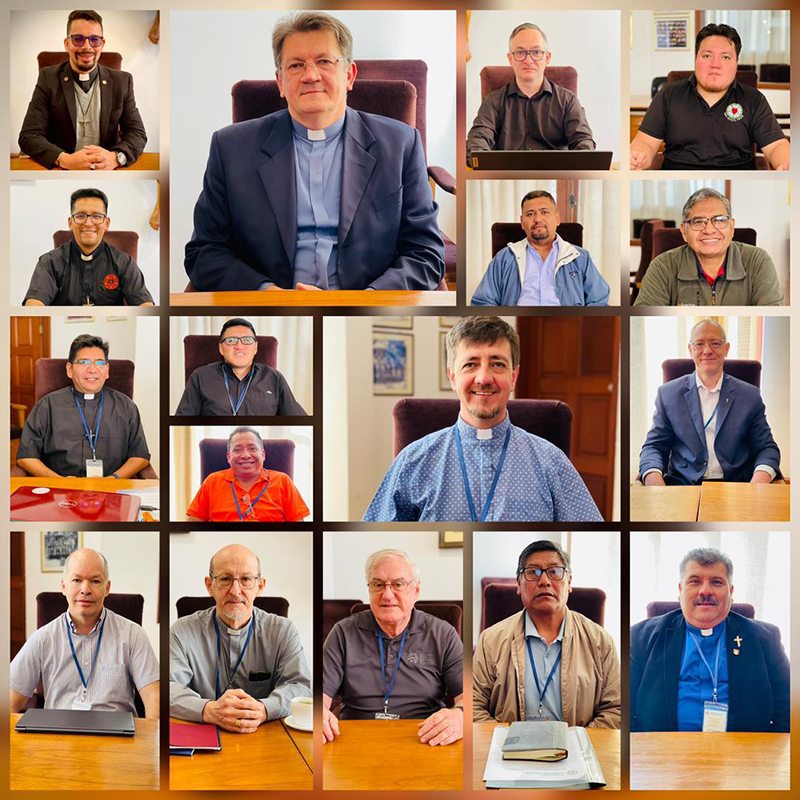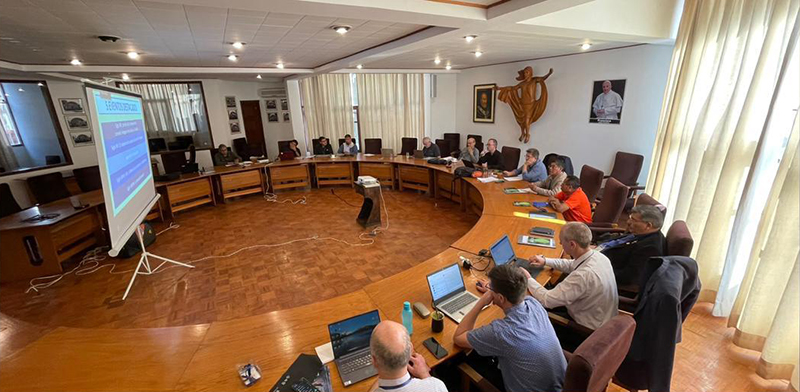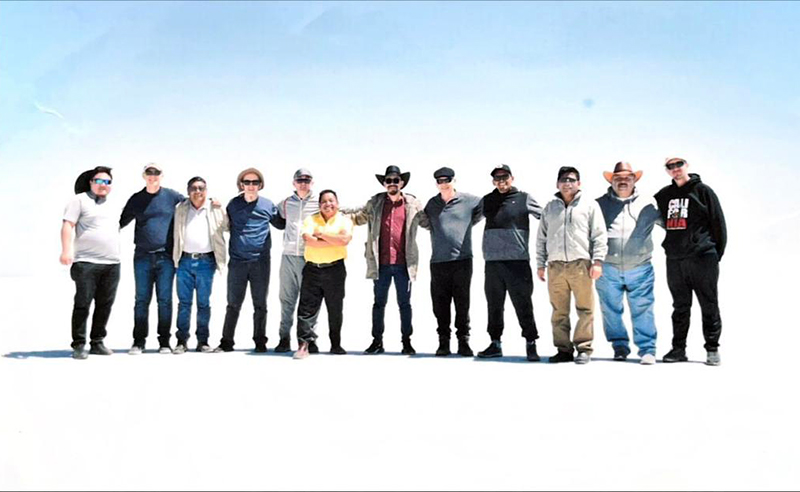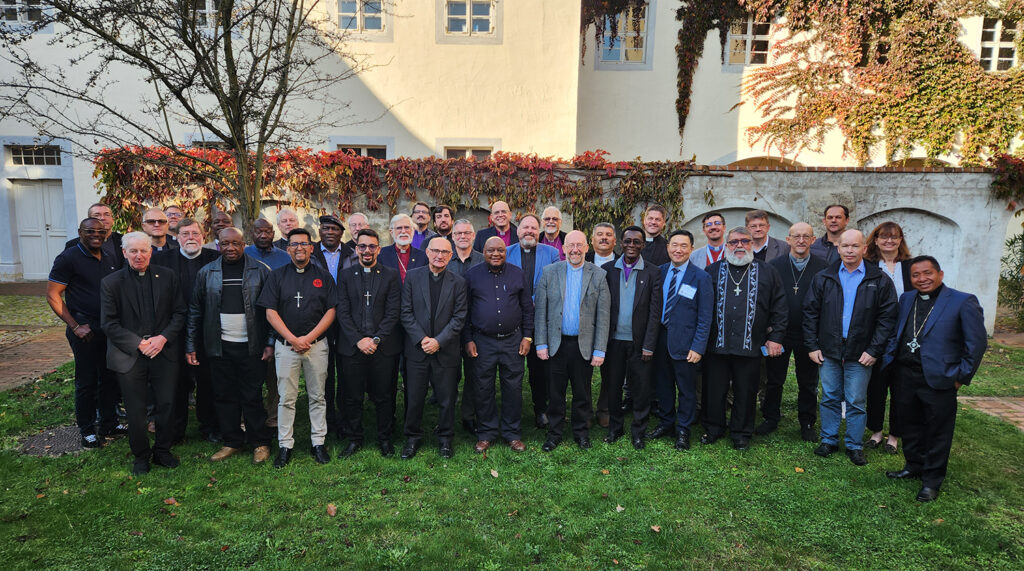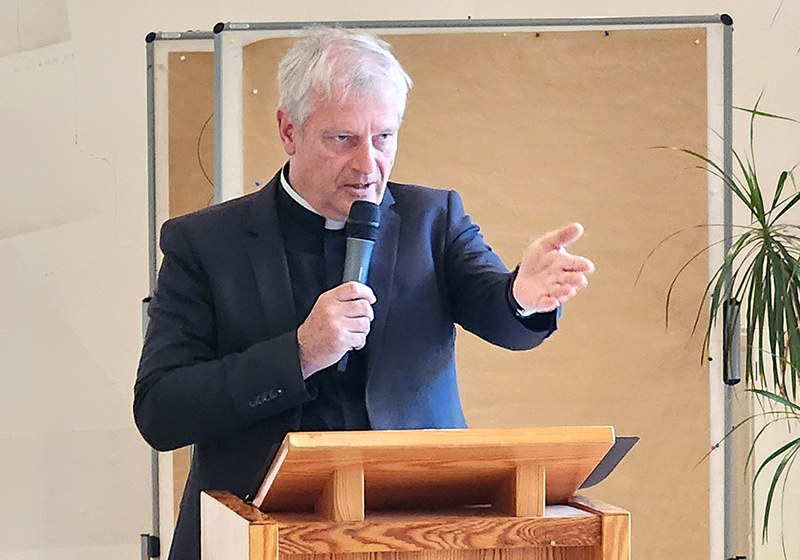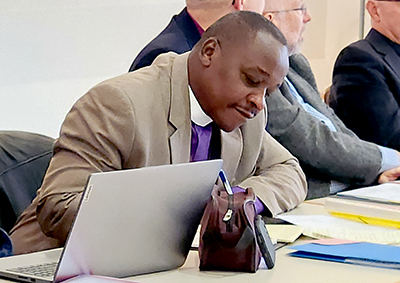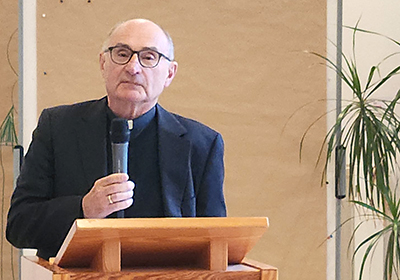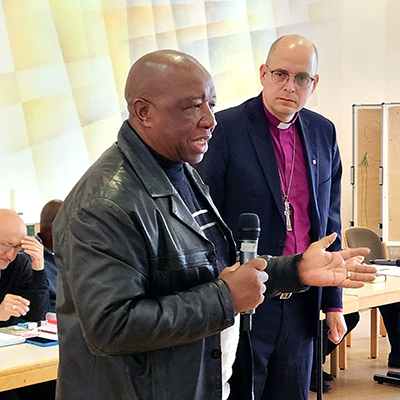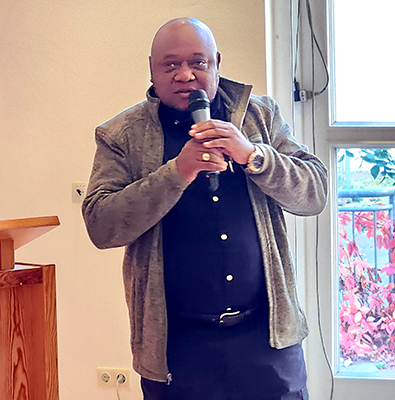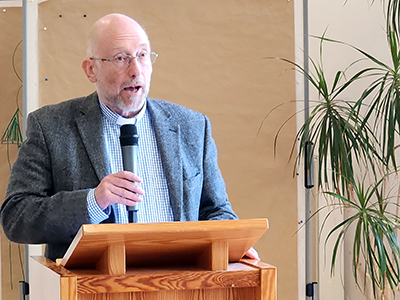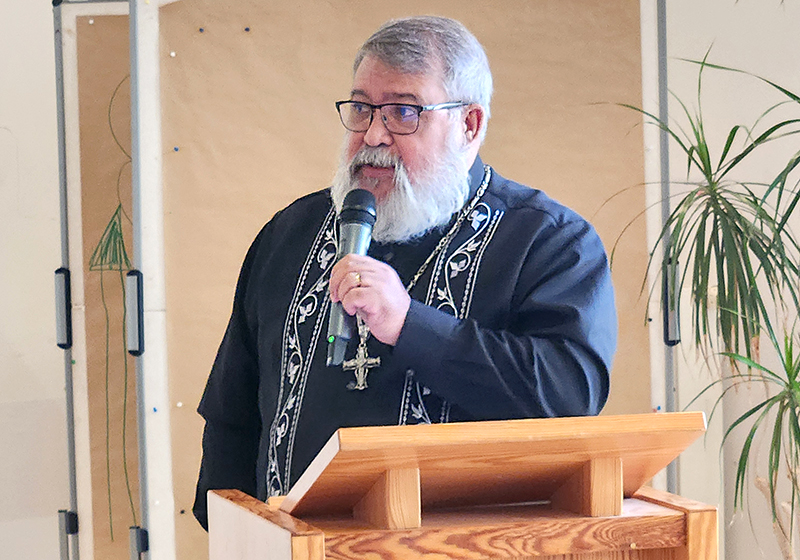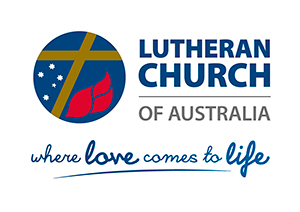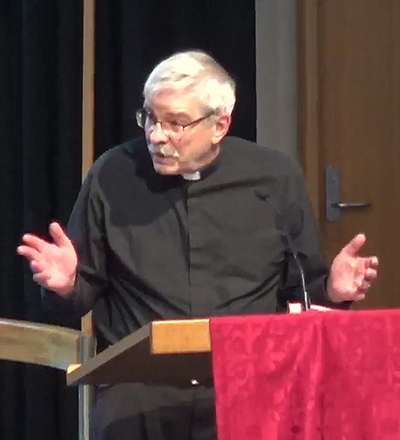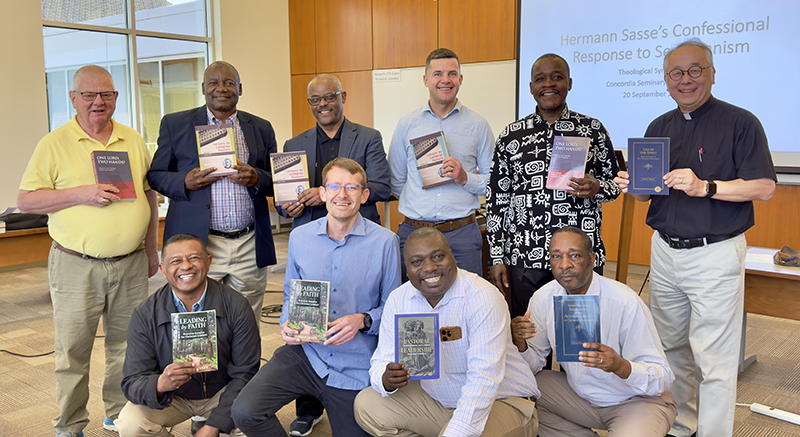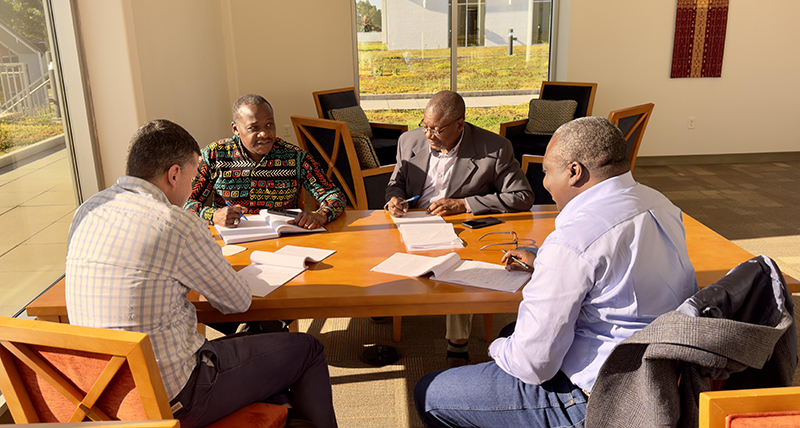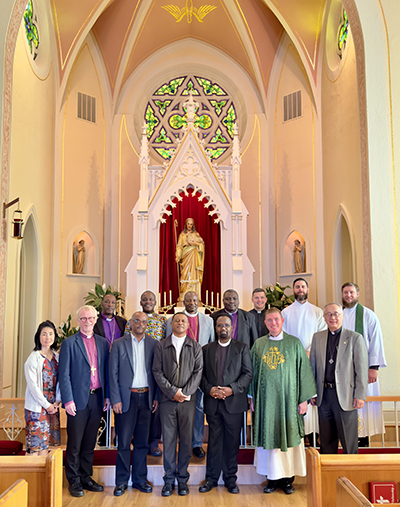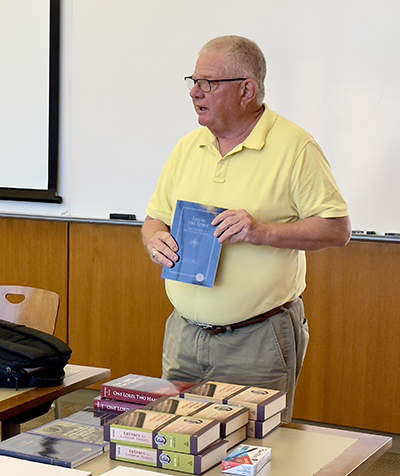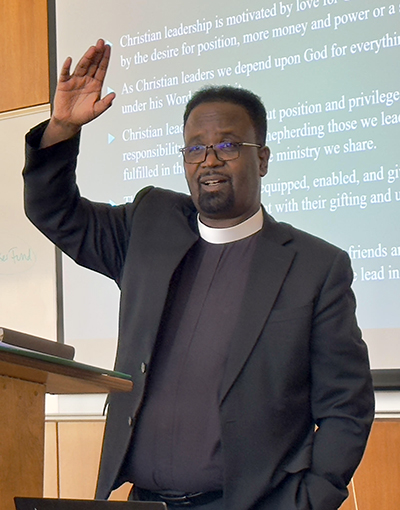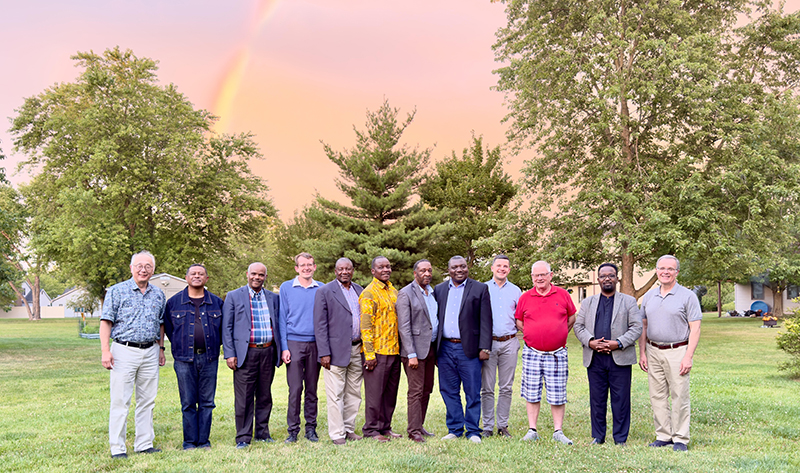
AUSTRALIA – Lutheran Mission – Australia (LM-A) held its formal launch as a church body on the weekend of November 23-24, during which time the church also installed Rev. Matthew Anker as LM-A president.
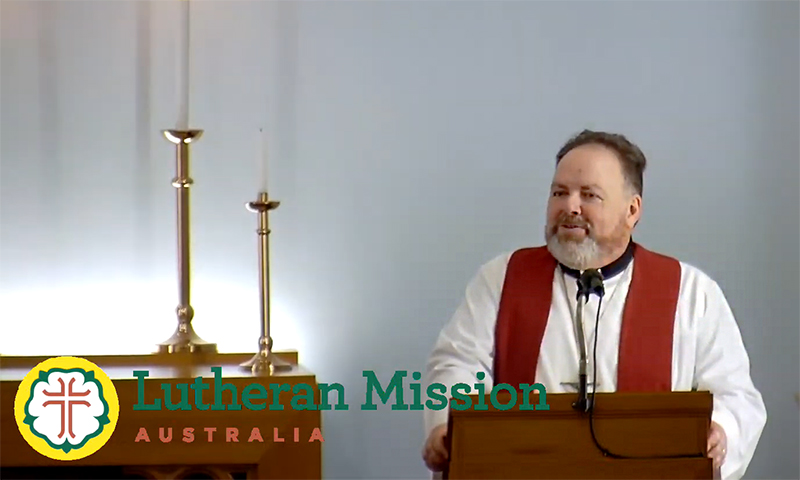
“Tonight is the culmination of the efforts of many people over many years,” President Anker said in an address during the launch dinner on November 23. “God Himself has been preparing people for the necessity of establishing Lutheran Mission – Australia to provide His people with hope for the future and with certainty in His Word.”
Several guests also addressed the gathering on November 23, including President Antonio del Rio Reyes of the Lutheran Church in the Philippines (LCP), who also serves as the Asia region’s representative on the Board of Directors of the International Lutheran Council (ILC). “Today is a day of profound rejoicing and heartfelt gratitude!” said LCP President Reyes. “Our Lord, the God of the harvest and the Master Builder of His Church, has once again displayed His unfailing love and mercy by raising up a faithful assembly under the banner of Lutheran Mission – Australia.”
“Your unwavering commitment to standing firm on the unchanging Word of God amid a world of shifting values and doctrines is truly inspiring,” President Reyes continued. “In an age where many are swayed by cultural trends, your resolve to uphold Christ’s Gospel reflects your love for Him and your faithfulness to His mission.
Also bringing greetings was Rev. Dr. Jonathan Shaw, Director of Church Relations for The Lutheran Church—Missouri Synod (LCMS). Dr. Shaw encouraged members to stand firm on God’s Word, highlighting the biblical basis for confessional unity. LM-A’s Chairman, Peter Walter, also addressed the gathering, thanking God for those in Australia who have stood for solid confessional Lutheranism down through the years.
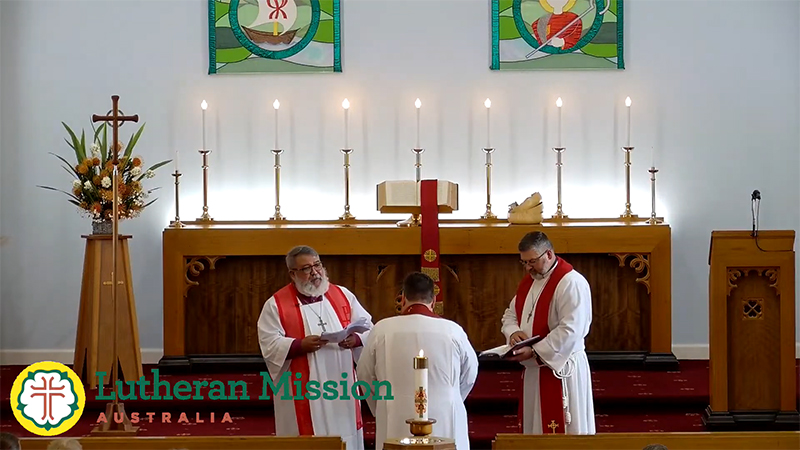
On November 24, LM-A held a service of installation for President Anker at the Lutheran Church of the Good Shepherd in Hamilton, Victoria. LCP President Reyes presided over the installation of Rev. Anker as LM-A President, presenting him with a pectoral cross as a symbol of his office. Rev. Dr. Adam Hensley served as preacher, and Rev. Matthew Kerr and Rev. Matthew Anker served as liturgists. After his installation, President Anker installed other directors and staff of LM-A.
“Today is about much more than the beginning of a new church body,” President Anker reflected after his installation. “As Christians, we are called to boldly confess God’s Word with eternity in view, knowing that what we believe, teach, and confess does indeed have eternal consequences for us and for those we serve.”
“LM-A has been established so that together you and I can also testify to those now living and those who will come after us, the whole counsel of God in Christ Jesus,” President Anker continued. “And to do so boldly and without compromise so that when the day comes for us to appear before Christ, we can make this confession with intrepid hearts, knowing that we stand on nothing other than His revealed word. And in so doing, bring forgiveness, life and salvation to all those we are called to serve.”
Lutheran Mission-Australia is an observer member of the International Lutheran Council, a global association of confessional Lutheran church bodies and groups which proclaim the Gospel of Jesus Christ on the basis of an unconditional commitment to Holy Scripture and to the Lutheran Confessions. LM-A emerged earlier this year out a confessional movement in Australia concerned with the theological direction of the Lutheran Church of Australia/New Zealand (LCANZ), notably on the issue of women’s ordination but also on the question of the authority of Scripture more broadly.
———————
With files from Lutheran Mission – Australia

